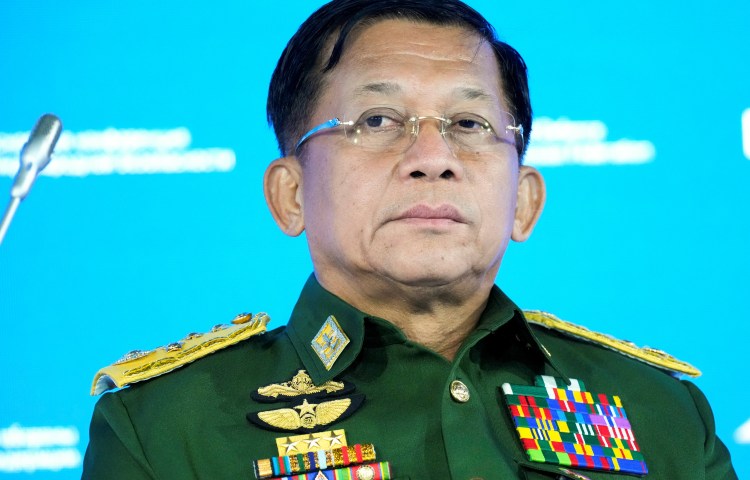
Proposed internet bill in Myanmar imposes 3-year prison sentences for VPN use
Bangkok, January 31, 2022 – Myanmar authorities should scrap proposed cybersecurity legislation that would severely threaten press freedom, the Committee to Protect Journalists said Monday. In a letter dated January 13, Myanmar’s Ministry of Transport and Communications, controlled by the country’s military since the February 2021 coup, stated that a decision had been made to…
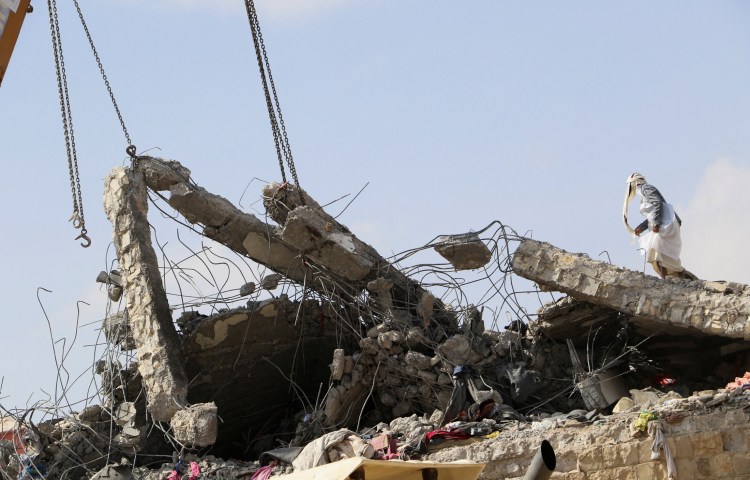
CPJ monitoring Yemen ‘with concern’ after Saudi airstrikes kill dozens and shut down internet
New York, January 21, 2022 – The Committee to Protect Journalists is monitoring with concern the aftermath of a series of Saudi-led coalition airstrikes that killed at least 70 people and cut off nearly all of Yemen’s internet access after hitting a telecommunication facility in the Red Sea port city of Hodeida on Friday. “Journalists…
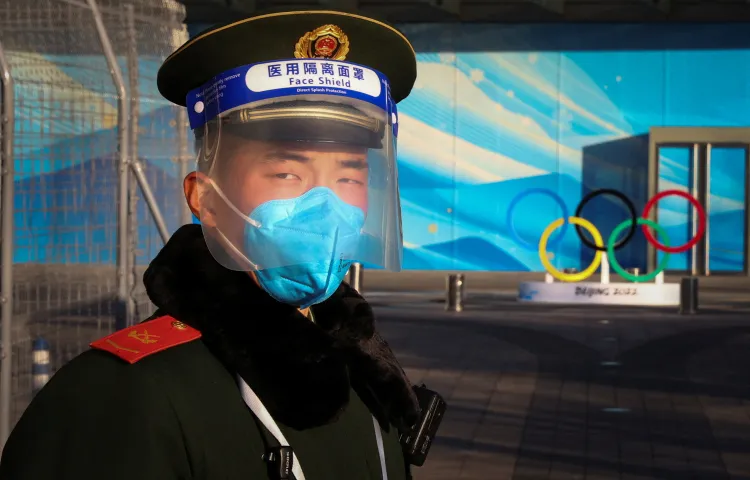
Journalists at the Beijing Winter Olympics may test China’s tolerance for critical coverage
Can China and the International Olympic Committee maintain a “bubble” of total press freedom inside China’s vast sea of repression? That’s the question facing thousands of journalists as they arrive in the coming weeks to cover the Beijing Winter Olympics, which kick off on February 4. (CPJ’s safety advisory for those attending addresses coronavirus restrictions…
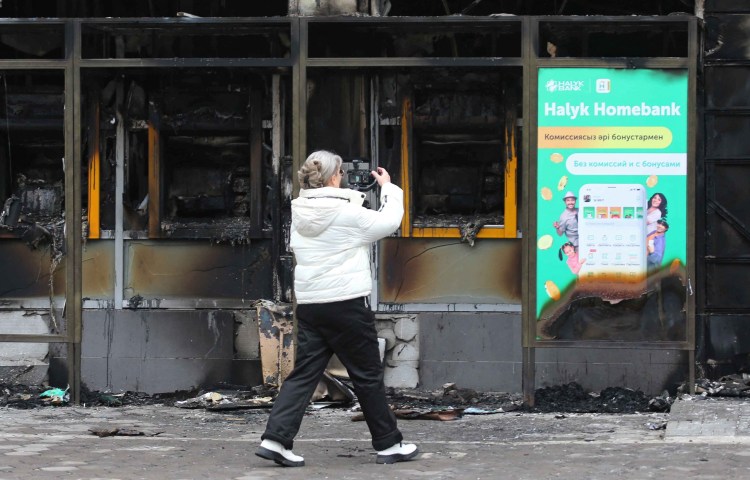
Journalists detained, news crew attacked, as Kazakhstan state of emergency continues
Stockholm, January 10, 2022 – Kazakh authorities should ensure the ability of the country’s media to work freely and release detained journalist Lukpan Akhmedyarov. They should also fully investigate assaults on the country’s press, including an attack on a convoy that killed one Almaty TV employee and injured another and an arson attack on the…
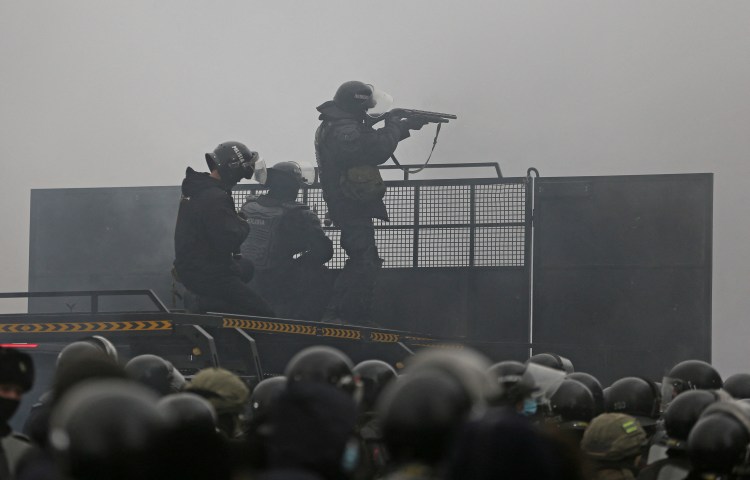
Kazakhstan authorities block news sites, detain journalists during nationwide protests
Stockholm, January 6, 2022 – Kazakhstan authorities must allow journalists to report freely on ongoing protests in the country and ensure their safety from officials and protesters, the Committee to Protect Journalists said today. Since January 4, authorities in the Central Asian nation detained at least eight journalists reporting on mass protests in several cities…

How social media regulation could affect the press
The United Kingdom moved a step closer to regulating social media in December when a parliamentary committee recommended major changes to the country’s Online Safety Bill so as to hold internet service providers responsible for material published on their platforms. “We need to call time on the Wild West online,” said committee chair Damian Collins….
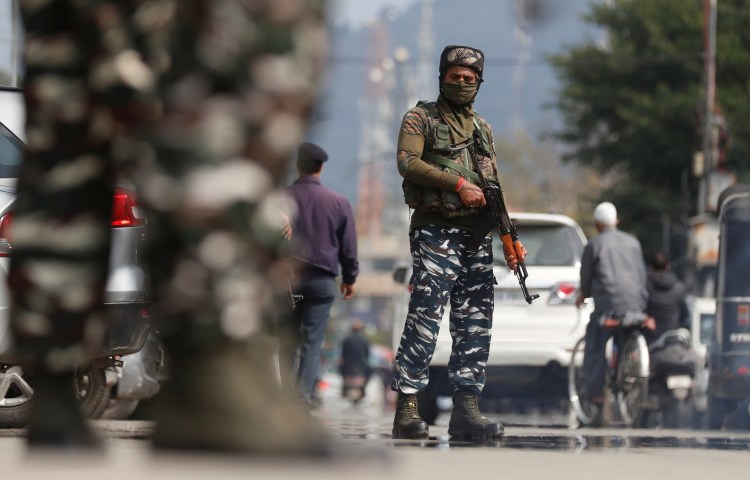
Indian police open terror investigation into 5 journalists
New Delhi, November 12, 2021 — Police in the Indian state of Tripura must immediately drop a terror investigation into journalists for their social media posts about anti-Muslim violence during the last week of October, the Committee to Protect Journalists said today. In a complaint filed November 3, Tripura police claimed 102 social media accounts…
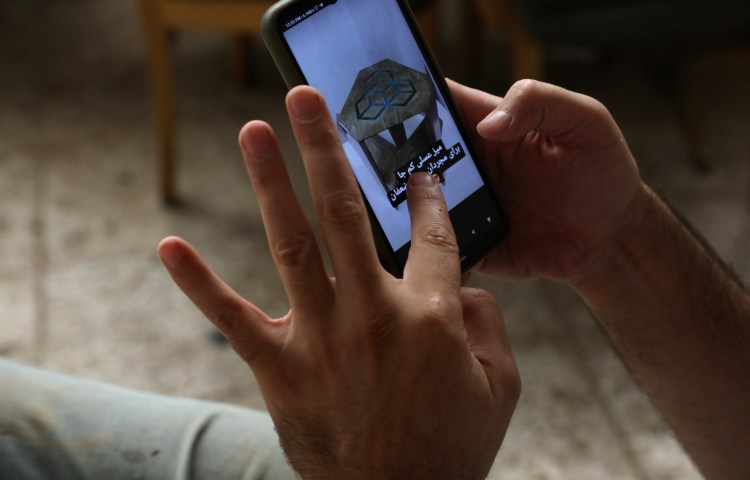
Iran’s parliament moves forward with troubling bill to further restrict internet
Washington, D.C., November 1, 2021 — The Committee to Protect Journalists expressed concern today that Iran’s parliament is moving ahead with a restrictive internet bill, despite objections from citizens and international observers. The legislation, the Cyberspace Users Rights Protection and Regulation of Key Online Services Bill, was undergoing review by a parliamentary subcommittee in…
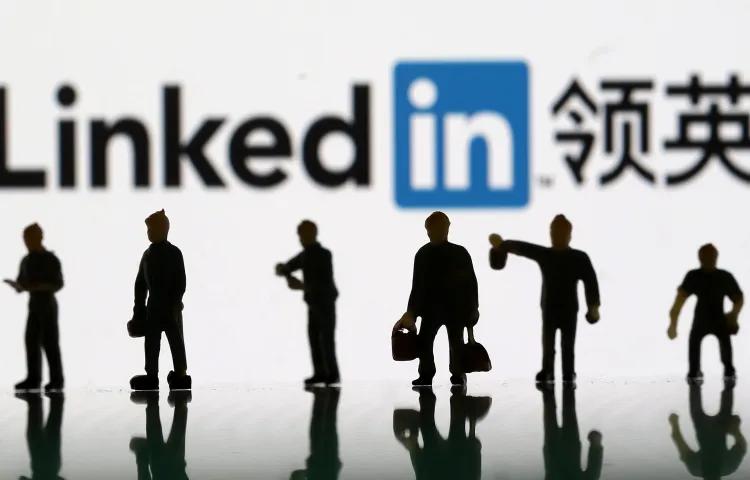
Journalists’ profiles must be restored on LinkedIn’s China site, CPJ says
Washington, D.C., October 6, 2021 — LinkedIn should immediately restore journalists’ blocked profiles in China, be transparent about the process that leads to profile takedowns, and ensure that the company does not facilitate the global export of Chinese censorship of reporters, the Committee to Protect Journalists said today. LinkedIn blocked the profiles of several U.S….
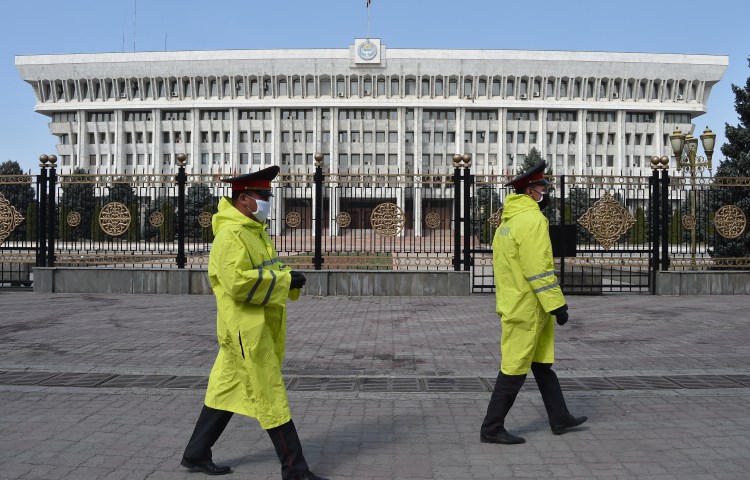
Kyrgyzstan parliament approves ‘false information’ bill
Stockholm, August 10, 2021 – Kyrgyzstan President Sadyr Japarov should reject legislation approved by parliament that imperils press freedom in the country, the Committee to Protect Journalists said today. On July 28, the Jogorku Kengesh, the country’s parliament, approved the bill “On Protection from Inaccurate (False) Information” by a vote of 97 to 5, according…